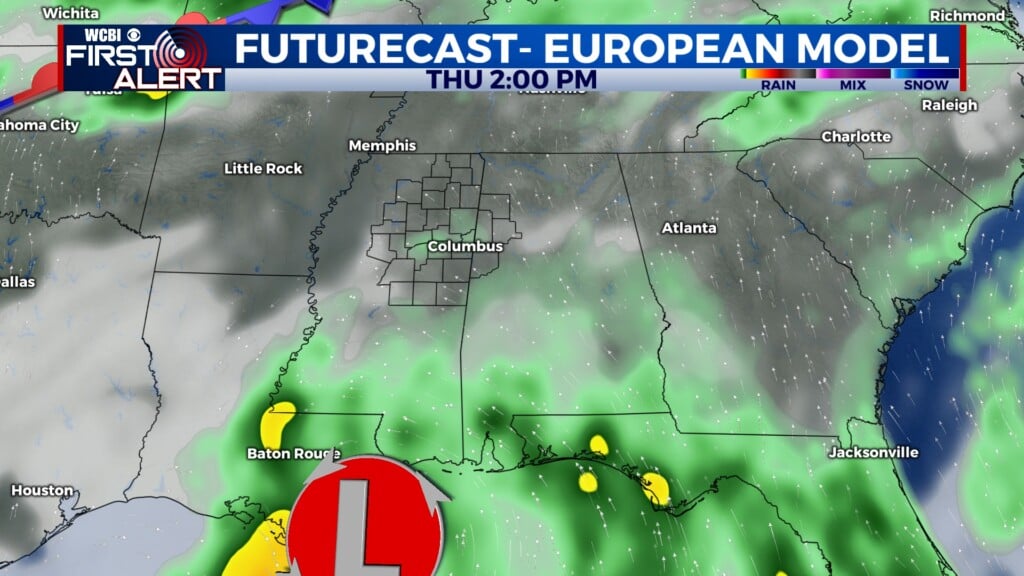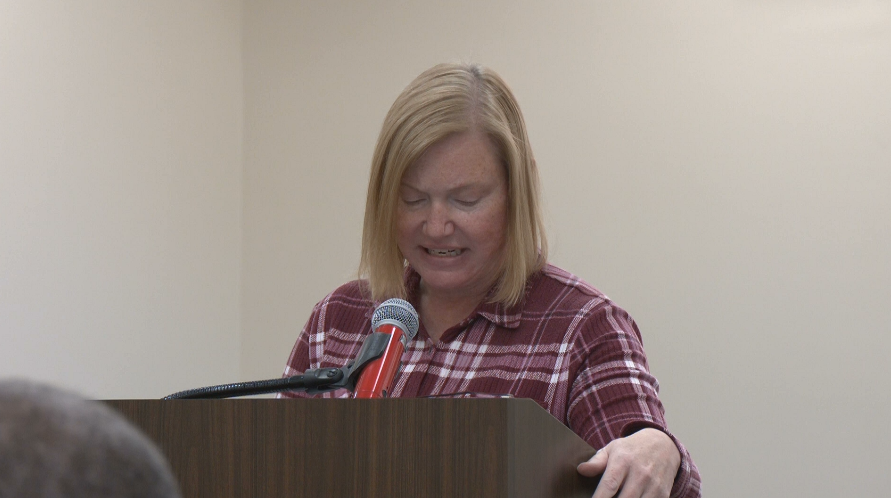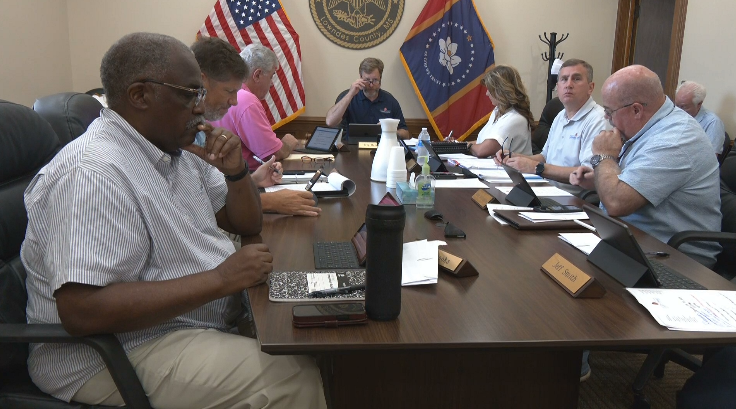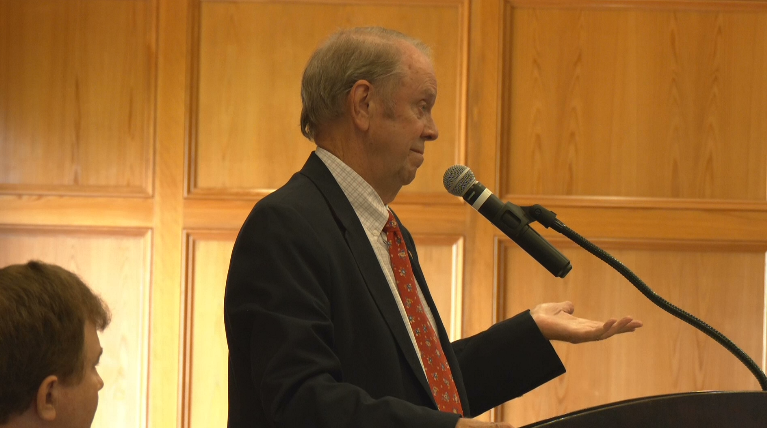New law says Trump must release tax returns to be on CA primary ballot
California Governor Gavin Newsom signed a measure Tuesday requiring presidential and California gubernatorial candidates to disclose their income tax returns in order to be listed on the state’s primary ballot.
The bill was signed into law nearly two years after then-California Gov. Jerry Brown quashed a bill to force presidential candidates to release their tax returns.
The law, now titled the “Presidential Tax Transparency and Accountability Act,” demands that presidential candidates disclose five years of federal tax returns, in order to be included on the state’s primary election ballot.
Soon after Newsom signed the bill, Jay Sekulow, counsel to President Trump, said in a statement, “The State of California’s attempt to circumvent the Constitution will be answered in court.”
The Trump campaign argues that individual states do not have the right to add to the “clear” qualifications outlined in the Constitution. The new measure would violate the protections of the 1st Amendment’s right of association, the campaign says, asserting that the state does not have the right to tell parties who to vote for in a primary election.
Trump campaign communications director Tim Murtaugh said in a statement that there were “very good reasons why the very liberal Gov. Jerry Brown vetoed this bill two years ago — it’s unconstitutional and it opens up the possibility for states to load up more requirements on candidates in future elections. What’s next, five years of health records?”
For years, Mr. Trump has refused to disclose his tax returns, claiming they are “under audit.” Attempts by other states to force the release of the filings have sparked heated debate over such a measure’s constitutionality.
In 1994, the Supreme Court ruled that states — in this case, Arkansas — could not add on their own qualifications for congressional candidates.
Interpreting the high court’s ruling six years later, the 9th U.S. Circuit Court of Appeals declared a California law unconstitutional for “creating an absolute bar to candidates, who otherwise meet the requirements of the Qualifications Clause.”
Many expect judges would apply the same logic for the presidency. But courts have also upheld several so-called “ballot access” rules in primary elections, finding that states have a “right to regulate elections by imposing reasonable requirements on candidates.”
Still, it is unclear if President Trump would even need to appear on California’s primary ballot. Even lacking the state’s almost 200 delegates to the Republican convention, the president faces scant competition in securing his party’s 2020 nomination.
Data from the National Conference of State Legislatures counts at least seven other states with similar pending bills.





Leave a Reply